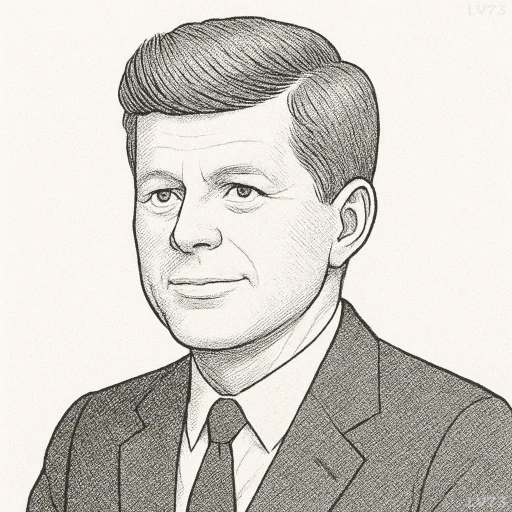“If a free society cannot help the many who are poor, it cannot save the few who are rich.”

- May 29, 1917 – November 22, 1963
- American
- Politician
table of contents
Quote
“If a free society cannot help the many who are poor, it cannot save the few who are rich.”
Explanation
In this powerful statement, John F. Kennedy highlights the moral and practical interdependence between the well-being of the poor and the rich in a society. Kennedy argues that a society that fails to support its most vulnerable members—those who are economically disadvantaged—cannot truly claim to be free or sustainable in the long term. The line suggests that the prosperity of the few is ultimately tied to the welfare of the many. In a just society, the well-being of its most disadvantaged members is not just a matter of compassion, but a necessity for the preservation of the broader societal system.
Kennedy’s statement is also a call to action for the government and society to address issues of economic inequality and social justice. In his presidency, he championed policies aimed at reducing poverty and improving access to education, healthcare, and economic opportunity for all Americans, particularly through initiatives like the New Frontier and the Peace Corps. By emphasizing that the health of the nation depends on the health of its poorest members, Kennedy challenges the assumption that wealth and privilege can be safeguarded without ensuring fairness and opportunity for the broader population. The logic is clear: economic inequality undermines the stability of a society, and without addressing the needs of the many, the few will ultimately find themselves in a society that is unstable, unjust, and potentially unsustainable.
In today’s context, Kennedy’s words remain highly relevant as discussions about income inequality, wealth distribution, and the social contract continue to be central to political debates. The growing gap between the wealthy and the poor, particularly in places like the United States, brings into question the health of democracies and the true nature of freedom. Kennedy’s statement reminds us that a society that does not prioritize the well-being of all its citizens—especially the marginalized—is at risk of moral decay and societal breakdown. His call to address poverty and create a more equitable society is a reminder that economic justice is not only a moral imperative but also an essential condition for the sustainability of a democratic society.
Would you like to share your impressions or related stories about this quote in the comments section?

